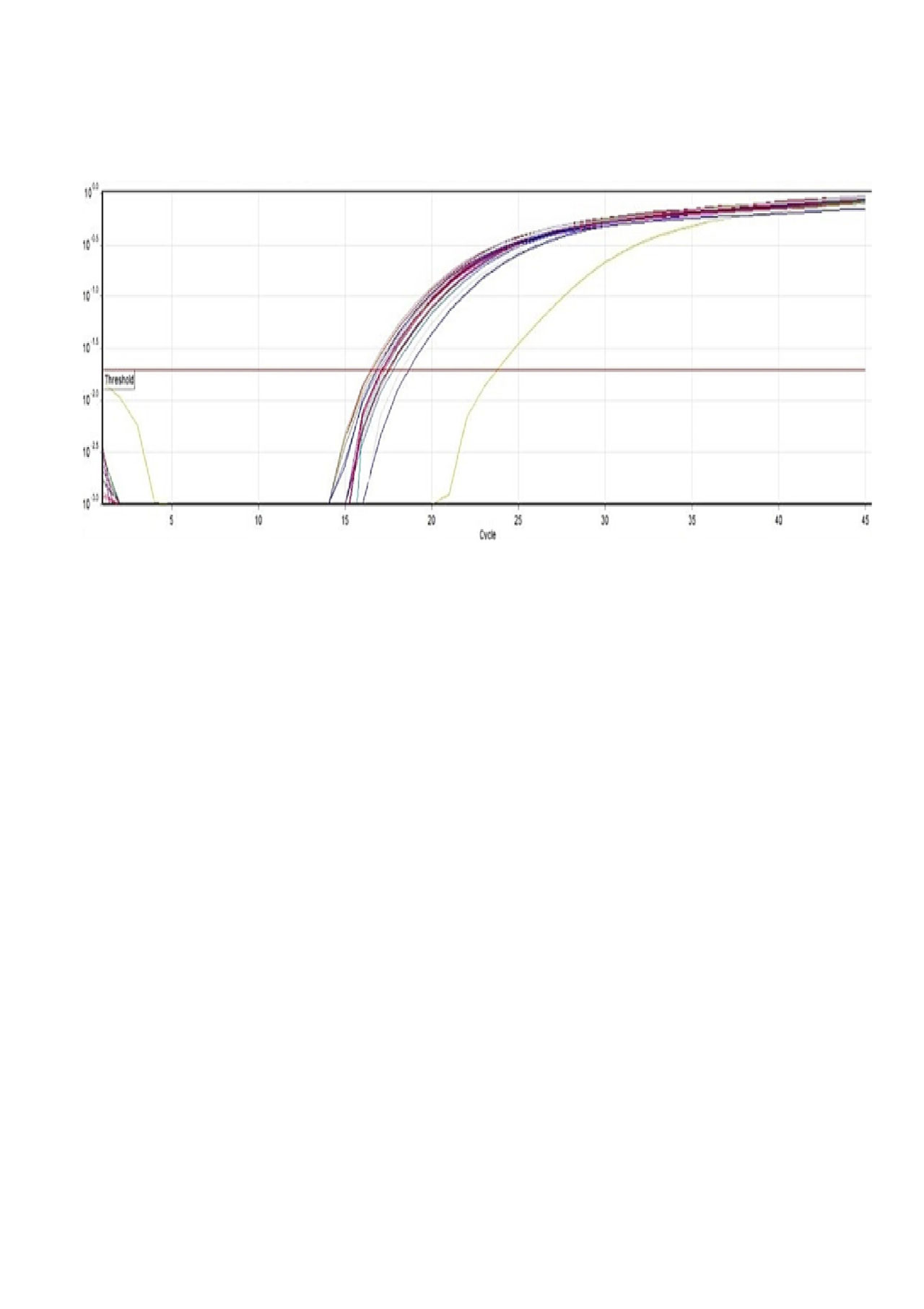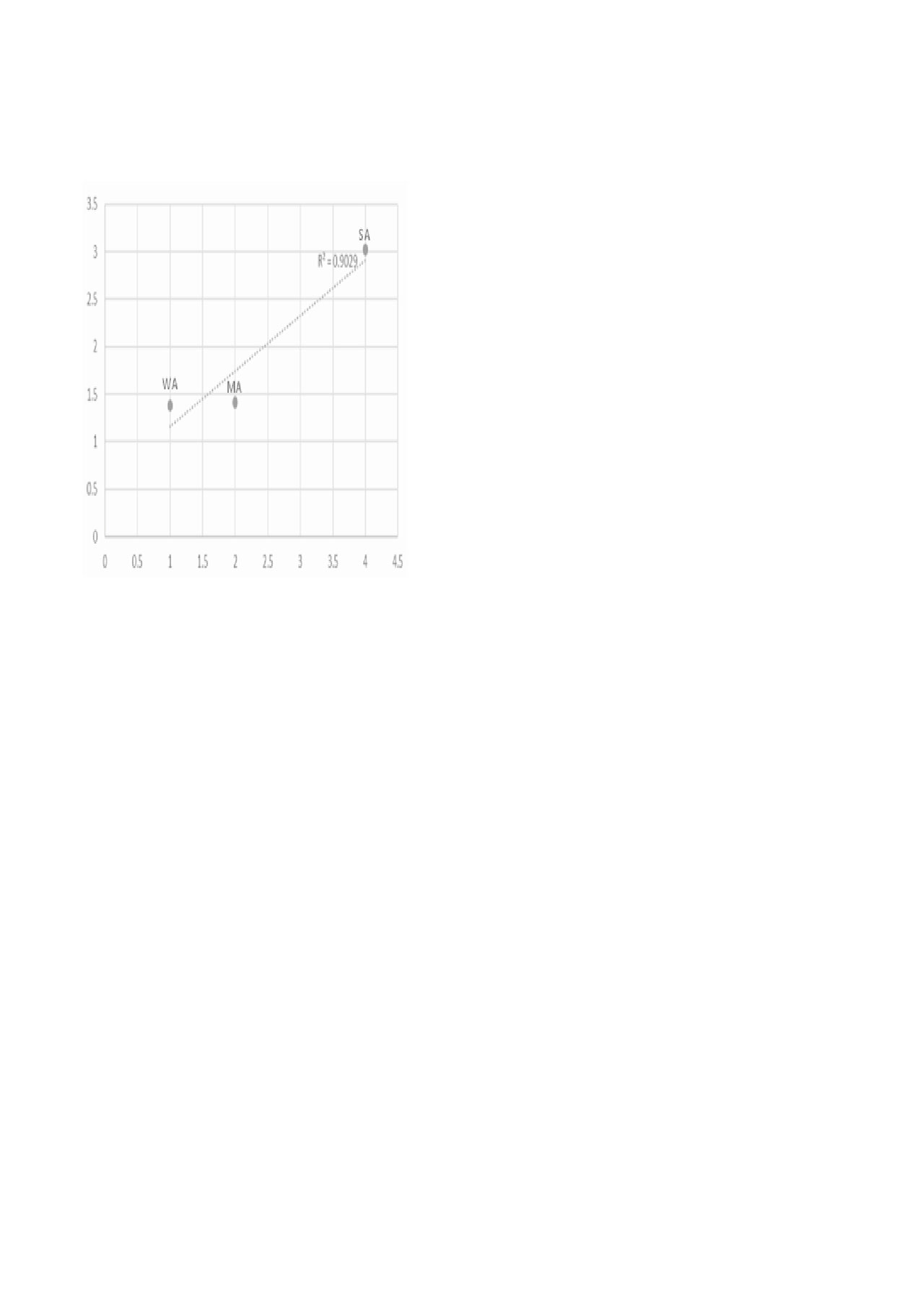Session Information
Session Type: Poster Session (Sunday)
Session Time: 9:00AM-11:00AM
Background/Purpose: Systemic lupus erythematosus (SLE) is characterized by a wide range of systemic dysfunctions as well as an elevated erythrocyte sedimentation rate. Chemokine CXCL 10 (IP-10) is a chemotactic chemokine for monocytes and T-Lymphocytes and has been studied as a potential biomarker to detect SLE activity. The clinical manifestations of the activity of this disease are difficult to assess for clinicians as there is no high sensitivity blood test available for diagnostic purposes. The aim of this study was to determine if SLE activity in our patients, evaluated using the Systemic Lupus Erythematosus Disease Activity Index (SLEDAI), elevates the expression of IP-10 mRNA in leucocytes, measured as Fold Change using qRT-PCR.
Methods: We recruited SLE female patients, diagnosed according to SLICC 2012 classification criteria. The patients were classified in five groups (Control; n=30, Without Activity (WA); n=30, Mild Activity (Mi A); n=30, Moderate Activity (Mo A); n=30, Severe Activity (SA); n=30) according to SLEDAI results, subsequently blood samples were taken, labeled and transported with all preservation precautions to the Molecular Biology Laboratory where total RNA was extracted from leucocytes and quantified. Primers were designed to amplify a specific region in the exon 2 and 3 of the IP-10 gene and gene expression levels were determined using qRT-PCR. ANOVA test was used to compare the expression of IP-10 mRNA between groups and a Spearman test was used to correlate the SLEDAI with the IP-10 mRNA expression levels.
Results: Overexpression of IP-10 mRNA was observed in the SA group with a Fold Change of 3.0171 (p=0.02), SLEDAI correlates with an increased expression of IP-10 (R=0.9029); Group Mo A was omitted from the analysis due to inconsistent results probably caused by methodological errors.
Conclusion: IP-10 mRNA overexpression could be associated with Several Activity of SLE, quantification of IP-10 gene expression has potential as a biomarker to evaluate SLE activity. Complimentary techniques such as IP-10 protein quantification are suggested to confirm our observations.
To cite this abstract in AMA style:
Torres Vazquez J, Corzo Cruz A, Comoto Santacruz D, Muñoz Monroy O. Chemokine CXCL 10 Gene Expression as a Potential Activity Biomarker of Systemic Lupus Erythematosus [abstract]. Arthritis Rheumatol. 2019; 71 (suppl 10). https://acrabstracts.org/abstract/chemokine-cxcl-10-gene-expression-as-a-potential-activity-biomarker-of-systemic-lupus-erythematosus/. Accessed .« Back to 2019 ACR/ARP Annual Meeting
ACR Meeting Abstracts - https://acrabstracts.org/abstract/chemokine-cxcl-10-gene-expression-as-a-potential-activity-biomarker-of-systemic-lupus-erythematosus/



